…on time, every time.
I’ve been game jamming for many years, from physical jams like Global Game Jam and online ones like Ludum Dare, as a solo jammer and in teams, using lots of different engines and tools. Some games did really well, others not so much, but most were fun, and every one was a useful learning experience.
And I’d like to share some wisdom with you!
One of the toughest challenges in game jams is how to finish on time. Everyone tells you the same advice - keep your scope small, have a plan or schedule, be flexible, use the tools you know best, take breaks and sleep - and after a few jams this advice quickly becomes experience… but somehow we keep having trouble finishing on time! Making something in such a short timeframe is really tough.
But here’s the one trick that has worked really well for me: make something you’ve already made before.
I know; that sounds wrong! Aren’t you supposed to make something new and innovative! What about the jam theme, are you just going to ignore that? Hear me out.
Have you ever lost hours of work before - maybe you were writing an essay but your computer died, or writing some code and accidentally reverted the work? Oh no! you think; this is going to take me forever to redo!!!

But instead of hours, it takes only 10 minutes to restore.
Sure, it was tedious and painful, but it was finished before you knew it. How was it so easy?
Because the reason it took you hours the first time, is because you didn’t know what you were doing. It was completely new to you. The hard part, in any creative endeavour like writing code, creating art, composing music, was figuring out what to do in the first place. The execution part is quite simple. Once you’ve done it before, it’s fresh in your mind.
So here’s my advice for game jams: make something you’ve made before, finish it quickly, and then gradually change and polish it into your ideal jam game. The first part is easy, because you’ve done it before - that’s the point. You’ll have a finished game very early in the jam, and this is a big advantage - no rushing to get integration and builds working last-minute, no stressing out over menus or stitching game screens together. Then you iteratively improve the game - make a change, test it out, fix it, come up with new ideas - all the while having a working, finished game. It’s low stress, and very effective.

Example
Suppose your idea is a platformer with a fun gimmick. But you’ve never made platformers before; you’re not even sure how to implement your gimmick! But you have made top-down shooters before. So just start with that! Build a top-down game, with a player running around the screen. Add walls and collision, rudimentary animation. Add some basic objectives, like collecting things, progressing to the next level, maybe a hazard so the player can die and go to a game over screen. That’s all there is for a basic, finished game, and it probably only took you half a day, because you’ve done it all before.
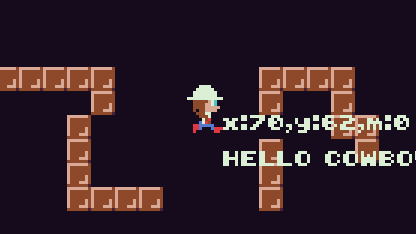
At this point things could go one of three ways:
-
You gradually implement your original idea into the game, piece by piece. No problem; you always have a working game, and you have a steady stream of progress showing your vision taking shape
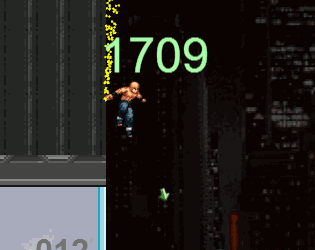
-
You notice hey, maybe the top-down game wasn’t so bad, or maybe you have an even better idea at this point, and completely pivot into another game. That’s cool too! It’s all about the process of finding the fun
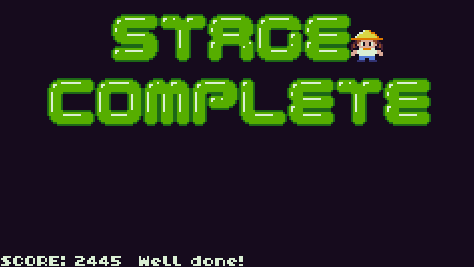
-
Or most likely, you do a combination of the two. As you build out your idea, you find things that work, things that don’t, and adjust accordingly

How to Execute
To pull this off, you will need your basics covered. This will depend on your approach:
-
If you’re quite new to making games, or don’t have a good game to work off, find a good project template or tutorial, one that is easy to follow, easy to extend, and has all the features of a complete game. Despite what I’ve implied, I also think it’s great to try new things in a game jam! But just be aware of the added danger of getting stuck and not knowing how to proceed in a new engine or tool. It’s therefore very important to pick the right tool and project template to work off. Stick to mature products and popular templates/tutorials, do your research to find that it fits your needs.
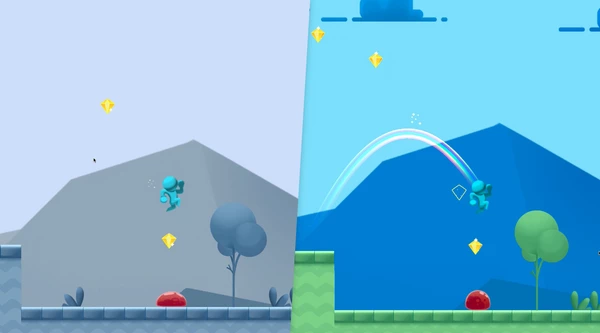
There’s no shame in taking a game template, then changing it until it’s an unrecognisable frankenstein-game, and it works well! Personally my best games haven’t been made this way, because it’s much more productive to work with tools you know well, but when I do use this approach, it’s usually been fun and an excellent way to learn something new.
-
If you’re making a game from scratch, but based off a previous game you’ve made, know your tools like the back of your hand. Make sure you’re practiced in the game engine, programming language, or whatever tools you used to make that game, so you can re-make it without friction. Do some refresher exercises to see if you still remember all the tricks. It might even make sense to avoid using the latest version of the tools, just in case something broke or doesn’t work the same way as before, but if you do, try it out first.
I’ve been bitten by this on quite a few occasions. After not using a game engine for a year, I come back to it thinking everything is the same, but there’s always one or two things that aren’t. Debugging this, Googling for answers, cost valuable minutes and hours that I could ill afford in a game jam, which threw my entire schedule into chaos. I’ve since learned that updating versions is a luxury you cannot afford for a jam. Leave it for before, or after the jam.
-
Also, keep making games! Make different games, different genres, using different techniques! Not only will you get better at making them, but you build up your repository of knowledge, so you have more games to re-make quickly.
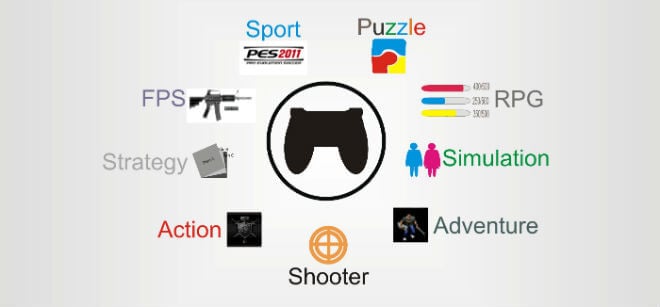
The game jams where I learned the most were ones where I tried to make a game in a different genre. I was at my most creative because I had less experience to draw from, so even though I tried to make things that I thought would be fun, I was unconsciously doing things differently enough to create surprising results. And sometimes this works out really well! Either way, you build your repertoire of game making tricks, and knowledge of what works and what doesn’t.
And that’s my two cents. I wish you good luck in your next game jamming adventure!